Khunsi Onikan

Overview
Khunsi Onikan is a substance abuse treatment center for people seeking treatment near Ramsey County. As part of their treatment modalities for recovery, Khunsi Onikan provides cognitive behavioral therapy, telemedicine/telehealth therapy, and substance use disorder counseling during treatment. Khunsi Onikan is located in Saint Paul, Minnesota, accepting medicaid for treatment.
Khunsi Onikan at a Glance
Payment Options
- Medicaid
- Federal, or any government funding for substance use treatment programs
- IHS/Tribal/Urban (ITU) funds
- SAMHSA funding/block grants
- Cash or self-payment
Assessments
- Comprehensive mental health assessment
- Comprehensive substance use assessment
- Outreach to persons in the community
- Screening for mental disorders
- Screening for substance use
Age Groups
- Young adults
- Adults
- Seniors
Ancillary Services
- Case management service
- Suicide prevention services
- Child care for client's children
- Mental health services
- Social skills development
Highlights About Khunsi Onikan
6.82/10
With an overall rating of 6.82/10, this facility has following balanced range of services. Alcohol Rehabilitation: 8.00/10, Drug Rehab and Detox: 6.31/10, Insurance and Payments: 6.00/10, Treatment Options: 6.97/10.-
Alcohol Rehabilitation 8.00
-
Treatment Options 6.97
-
Drug Rehab and Detox 6.31
-
Insurance and Payments 6.00
Accreditations
State mental health department:
State mental health department accreditation refers to the process of evaluating and certifying the quality and standards of a state's mental health department, ensuring that it provides high-quality services and meets specific criteria for mental health care. The accreditation process is performed by a third-party organization and helps to improve the overall care and treatment of individuals with mental health conditions.
Federally Qualified Health Center:
Federally Qualified Health Center (FQHC) accreditation is a process of evaluation and recognition by the federal government for community health centers that provide comprehensive and accessible healthcare services to underserved populations. FQHC accreditation is essential for centers to receive federal funding and to ensure that they meet standards for quality, patient-centered care.
Treatment At Khunsi Onikan
Treatment Conditions
- Mental health treatment
- Alcoholism
- Substance use treatment
- Co-occurring Disorders
Care Levels
- Outpatient
- Intensive outpatient treatment
- Regular outpatient treatment
- Aftercare
Treatment Modalities
- Cognitive behavioral therapy
- Telemedicine/telehealth therapy
- Substance use disorder counseling
- Trauma-related counseling
- Group counseling
Ancillary Services
Special Programs
- Clients with co-occurring mental and substance use disorders
- Clients who have experienced trauma
Get Help Now
Common Questions About Khunsi Onikan
Contact Information
Other Facilities in Saint Paul

7.03

7.03
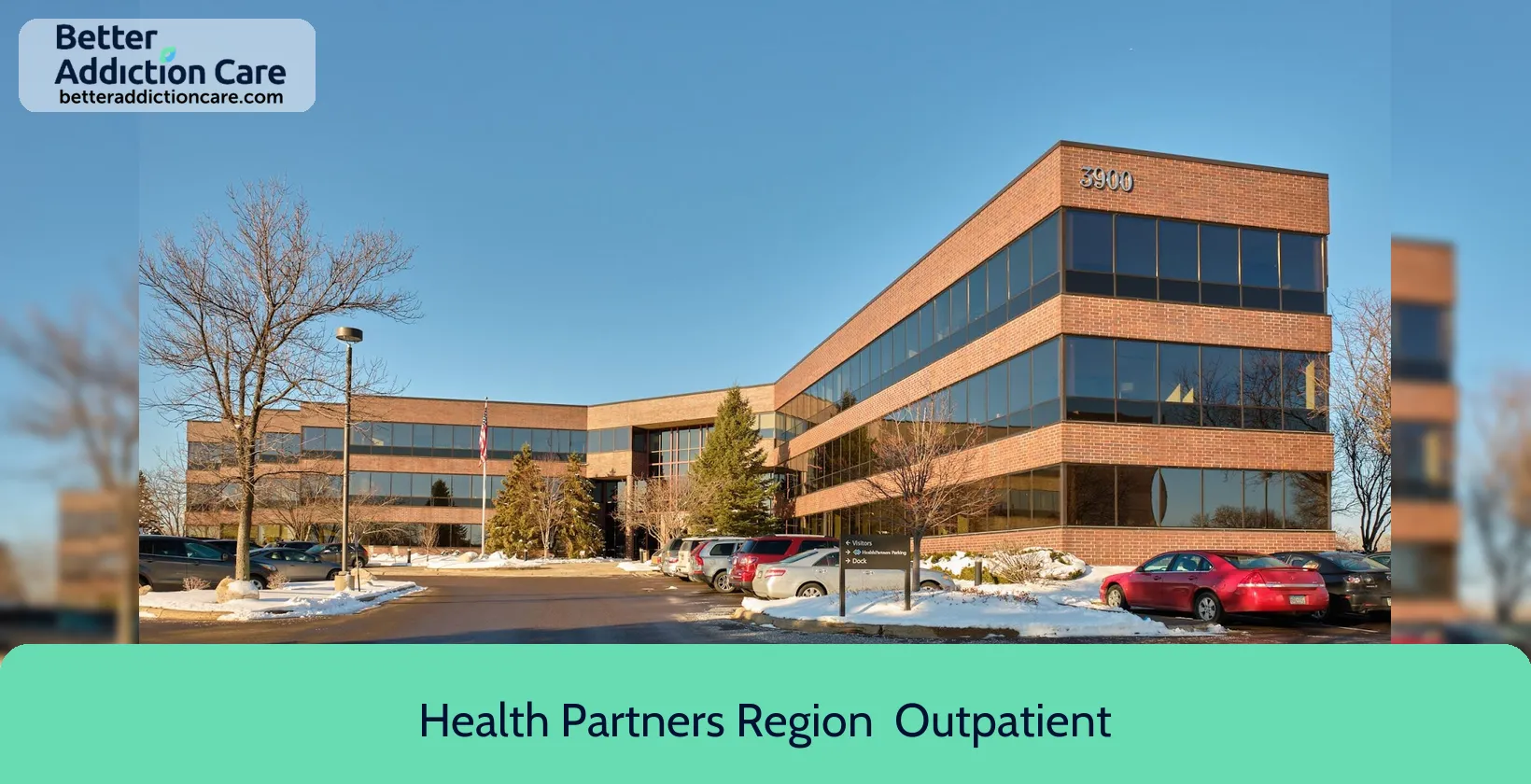
6.59
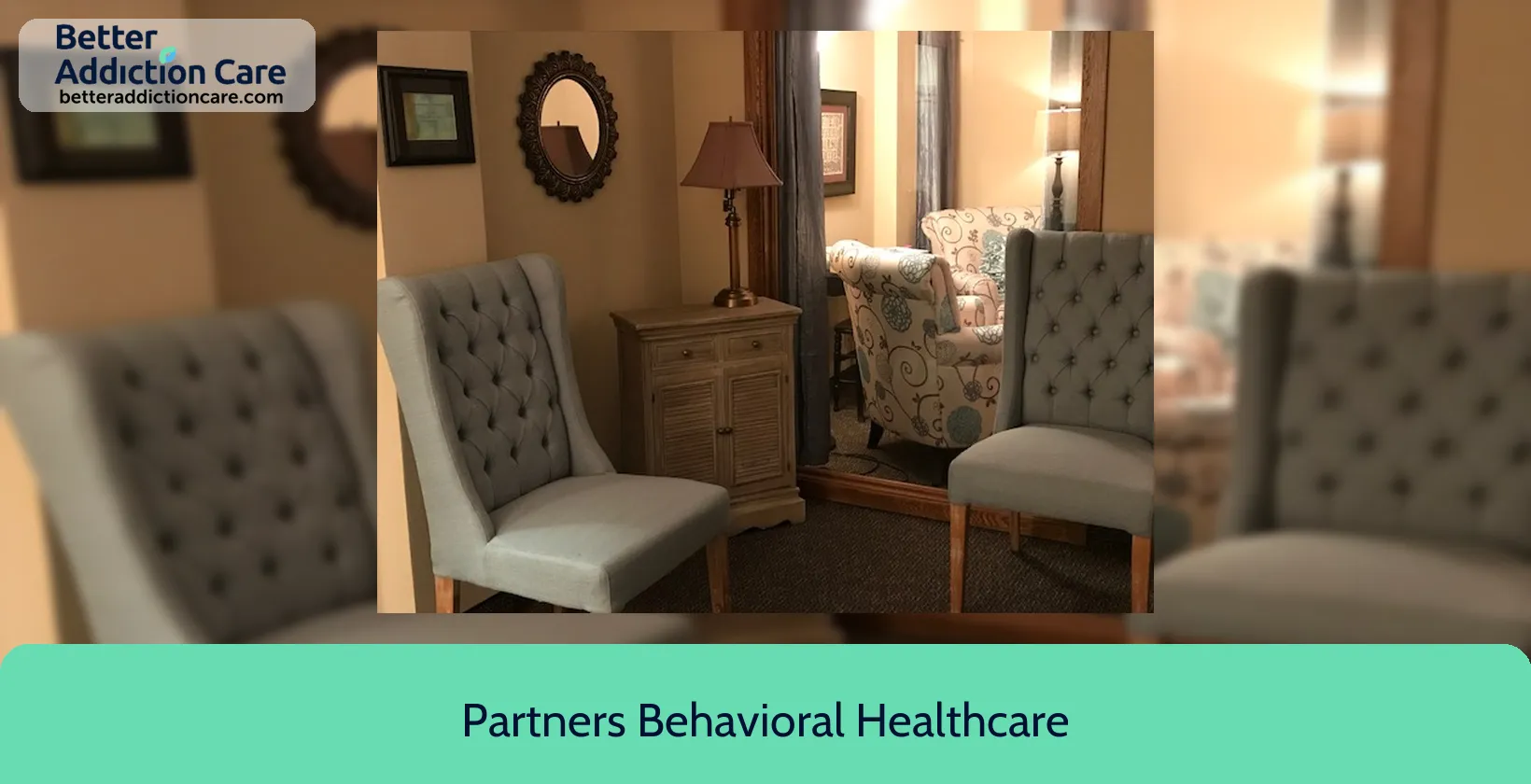
6.83
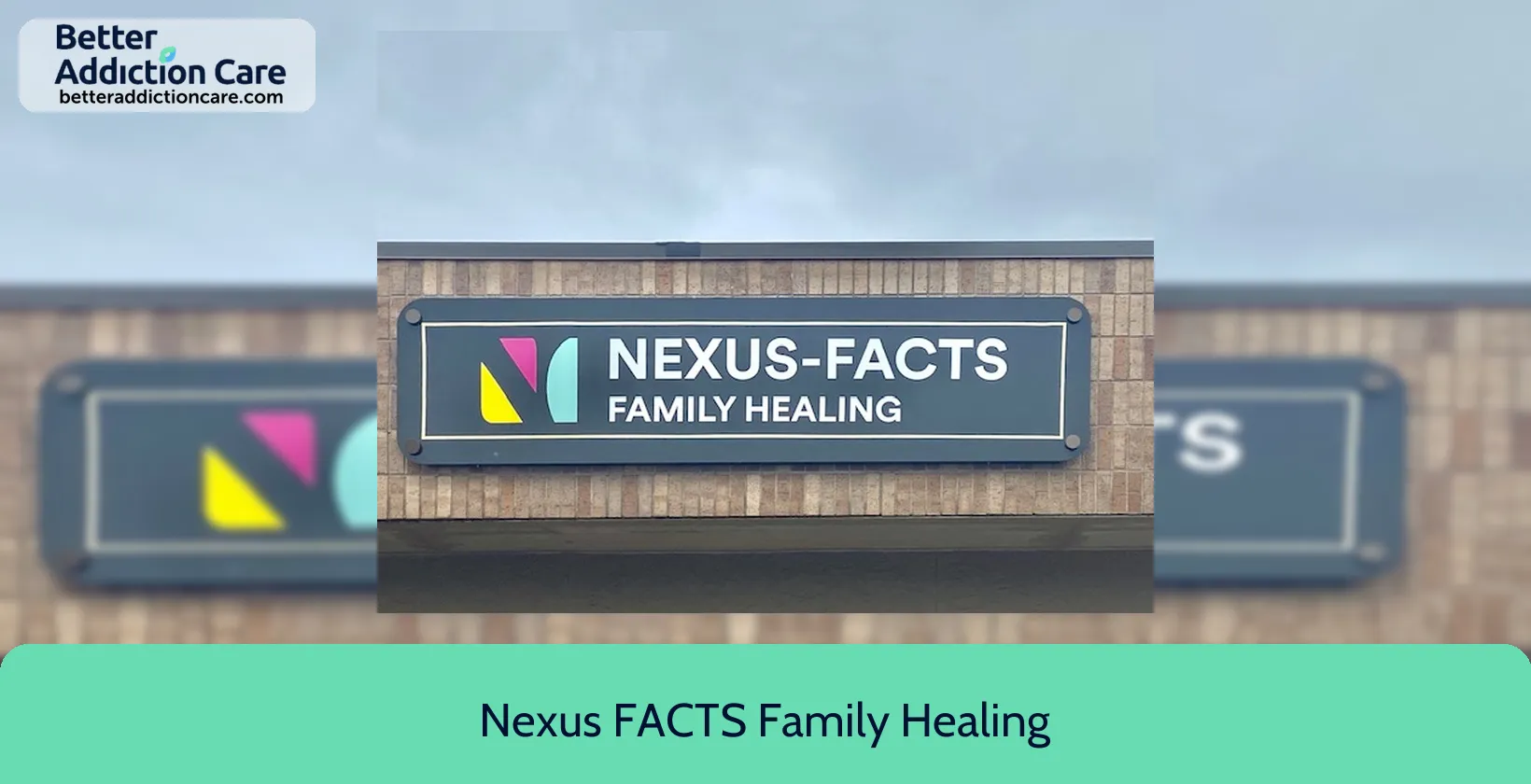
6.56
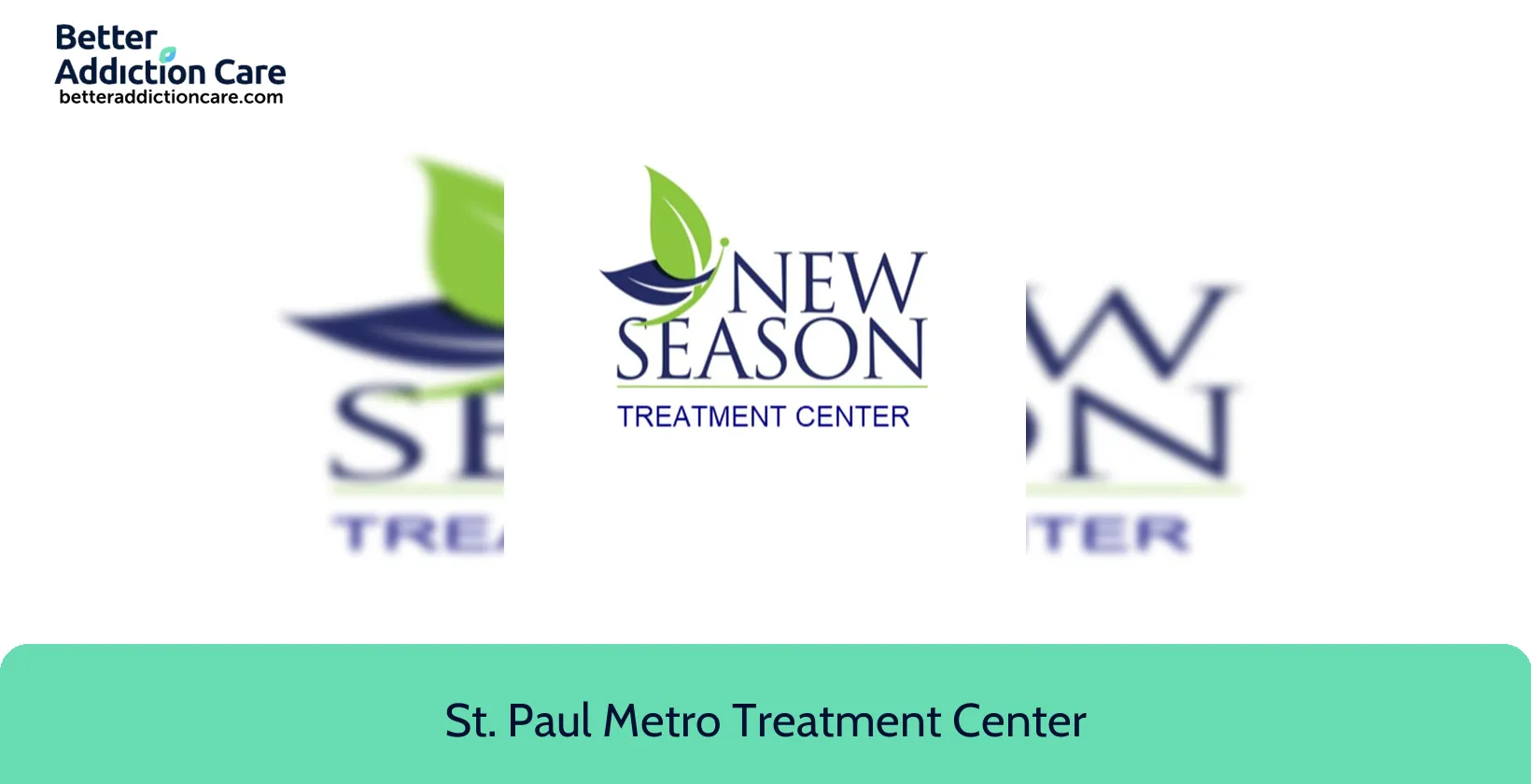
6.96
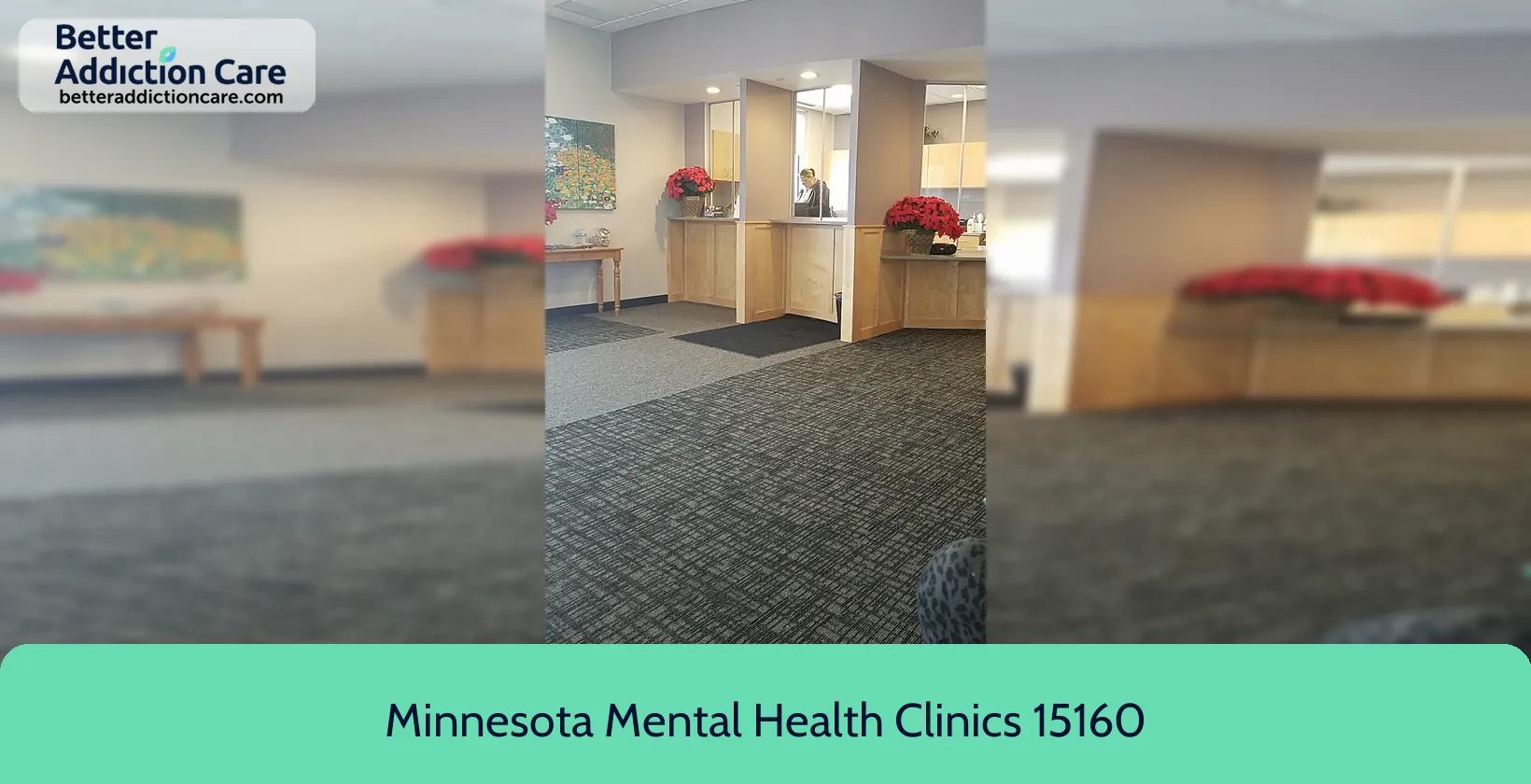
6.68
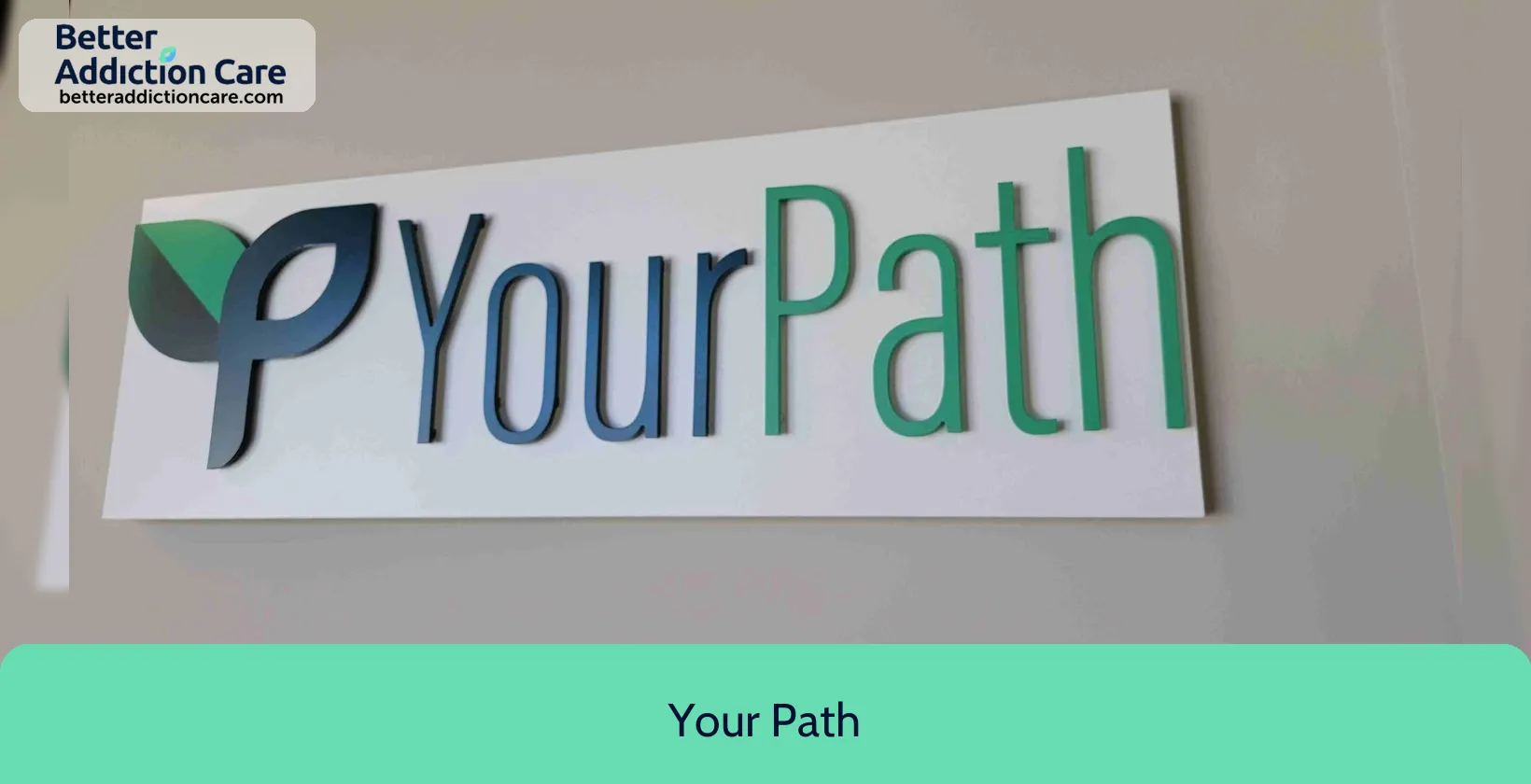
7.06
DISCLAIMER: The facility name, logo and brand are the property and registered trademarks of Your Path, and are being used for identification and informational purposes only. Use of these names, logos and brands shall not imply endorsement. BetterAddictionCare.com is not affiliated with or sponsored by Your Path.
